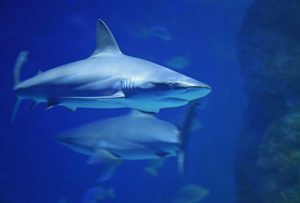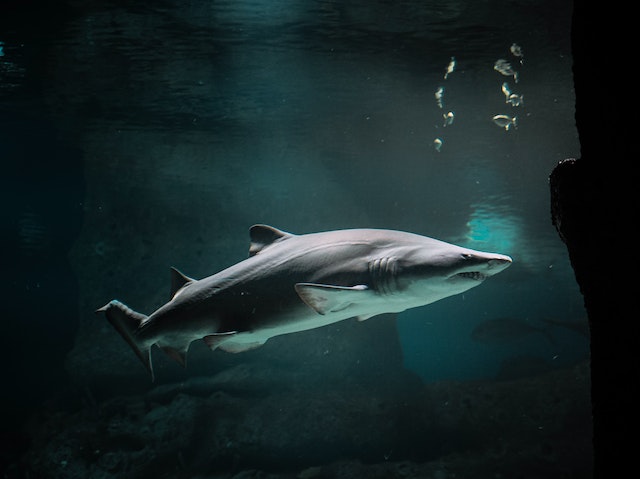Introduction
The Great White Shark, often hailed as the ocean’s apex predator, has been the subject of myths, legends, and misconceptions for centuries. Its powerful presence and formidable appearance have fueled both fascination and fear. In this captivating exploration, we will dive into the world of Great White Sharks and uncover the truth behind common myths and misconceptions. Guided by insights from marine experts, we’ll separate fact from fiction and gain a deeper understanding of these magnificent creatures.
Meeting Our Marine Experts
Before we embark on this journey of myth-busting, let’s meet the experts who will be our guides:
- Dr. Robert Walker: A distinguished marine biologist with a Ph.D. in Shark Ecology from the University of California, Dr. Walker specializes in studying Great White Shark behavior and dispelling myths.
- Captain Emily Collins: With decades of experience as a marine biologist and shark conservationist, Captain Collins offers unique insights into observing and understanding Great White Sharks in their natural habitat.
Great Whites Are Mindless Killing Machines
The Reality
Contrary to the myth of mindless aggression, Great White Sharks are intelligent predators. Dr. Walker explains, “They are highly calculated hunters, often observing and assessing potential prey before making a move. Attacks on humans are extremely rare.”
Great Whites Target Humans as Prey
The Reality
Great White Sharks do not consider humans as their natural prey. Captain Collins clarifies, “Most shark-human interactions are cases of mistaken identity. When they bite humans, they usually release them after realizing their mistake.”
All Great Whites Are Enormous
The Reality
While some Great White Sharks can reach impressive sizes, not all are enormous. Dr. Walker notes, “Great Whites vary in size, with juveniles being considerably smaller. They grow over time, with some individuals reaching larger sizes due to age and diet.”
Great Whites Are Always in Hunting Mode
The Reality
Great White Sharks do spend time hunting, but they also engage in periods of rest and socializing. Captain Collins adds, “They have a range of behaviors and are not constantly in a hunting frenzy.”

Great Whites Are Indiscriminate Killers
The Reality
Great White Sharks have specific preferences when it comes to prey. Dr. Walker says, “They primarily target seals, sea lions, and other marine mammals, not everything in their path. They play a crucial role in maintaining the health of marine ecosystems.”
Insights in a Nutshell
Let’s encapsulate the key takeaways in a visually engaging table:
Great White Shark Myths vs. Reality
| Myth | Reality |
|---|---|
| Mindless Killing Machines | Highly Calculated Hunters |
| Targeting Humans as Prey | Mistaken Identity and Rare Attacks |
| All Enormous | Varying Sizes and Growth Patterns |
| Always in Hunting Mode | Rest and Socializing Behaviors |
| Indiscriminate Killers | Predatory Preferences and Ecosystem Role |
Conclusion
Great White Sharks, often vilified and misunderstood, are not the mindless monsters portrayed in myths and movies. Through the insights of our experts, Dr. Robert Walker and Captain Emily Collins, we’ve unveiled the truth behind common misconceptions surrounding these apex predators. As we explore the world of Great White Sharks, may we recognize their vital role in marine ecosystems and work towards their conservation and protection.
In this exploration, we’ve delved into the myths and realities of Great White Sharks with insights from marine experts. We hope this journey fosters a deeper understanding of these incredible marine beings and dispels unfounded fears associated with them.










